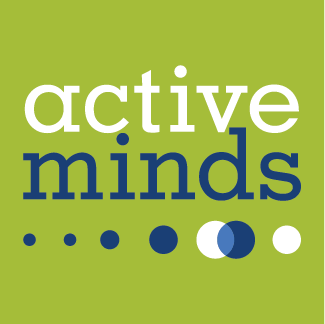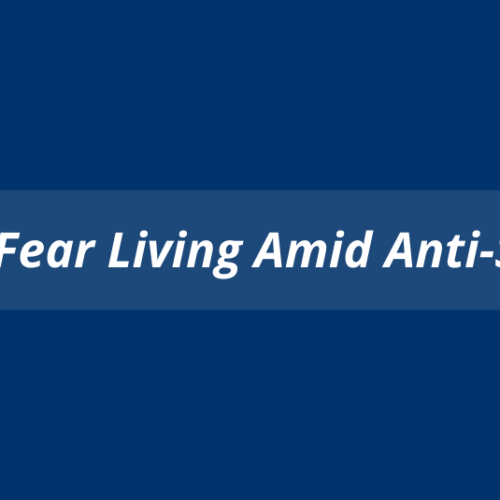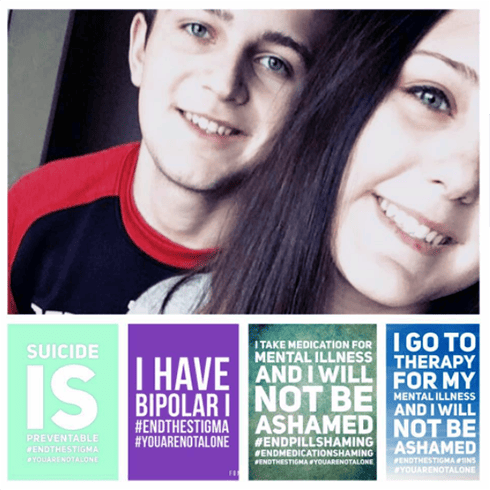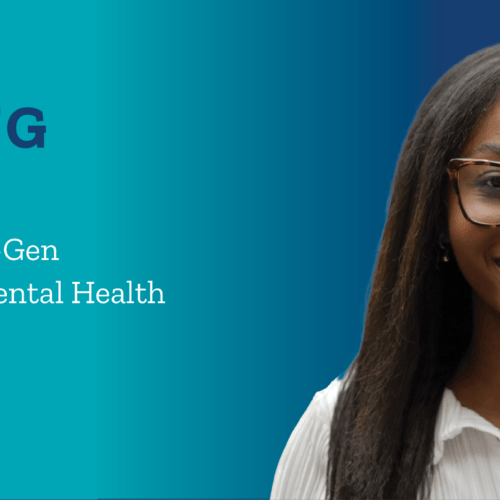Visible or not, hatred is an aspect of society that affects every one of us. It comes in many shapes and forms and centers around no one specific thing, person, or issue. While many have dealt with feelings or the consequences of hatred at some point in their lives, some of us, particularly marginalized groups, feel overwhelming anxieties and pain everyday as a result of targeted, intrinsic hatred. As a Jewish person, these anxieties have recently become more heightened than usual amid the recent rise in anti-Semitic hate acts in response to the events occurring in the Middle East.
For most of my childhood, anti-Semitism was not something I felt first-hand. I was lucky enough to have grown up in a family and with a surrounding community that was supportive of all walks of life. Much of what I knew about anti-Semitism was information passed onto me by family members. But while I was being shielded from the injustices of anti-Semitic hatred, the global Jewish community continued to suffer loss and pain as a result of hateful acts.
It wasn’t until my first semester of college that I experienced the anxieties, fear and pain tied to anti-Semitism. Shortly after my freshman year started in 2018, 11 Jewish people were murdered in the Tree of Life Congregation mass shooting in Pittsburgh. Almost immediately, a wave of anti-Semitic sentiment clouded over my university. Inappropriate jokes and half-hearted threats of violence loomed over the Jewish student population. It became difficult to share my religious identity with my peers –something I am normally unequivocally open and proud about–out of fear of discrimination. The local synagogue hired armed security guards to stand outside its gates. Many of my Jewish friends had trouble even leaving their dorms to socialize because they felt as if they could be putting themselves in the path of harm. Although the Pittsburgh massacre occurred hundreds of miles away, every Jewish person I knew felt a wide range of concern, fear, and sadness for the collective Jewish community across the country.
With the events currently unfolding between Israel and Palestine, anti-Semitism is once again on the rise. It is crucial to understand the negative effects that anti-Semitic actions and rhetoric have on Jewish people. Hate hurts. Targeting hate towards an individual or a collective group because of who they are is incredibly damaging and burdensome to the collective mental health of an entire community. Many people worry about doing or saying the wrong thing, so instead they do nothing and say nothing. That hurts too.
You can help end hate by standing against anti-Semitism, as well as hateful acts against all marginalized groups. Together I know we can make this world a safer and more just world for everyone.







